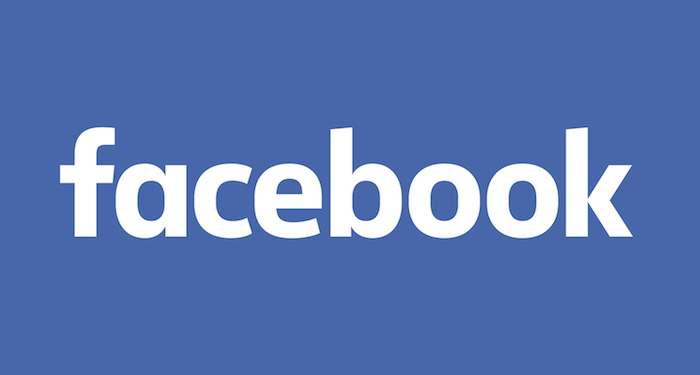Facebook has included Kenya in a list of 10 African countries in a project that aims at ensuring false stories are not posted on its platform.
Feedback from the Facebook community is one of many signals Facebook uses to raise potentially false stories to fact-checkers for review.
Local articles will be fact-checked alongside the verification of photos and videos. If one of Facebook’s fact-checking partners identifies a story as false, Facebook will show it lower in News Feed, significantly reducing its distribution.
Facebook has entered a partnership with Agence France-Presse (AFP), the France 24 Observers, Pesa Check and Dubawa. This program forms part of its work in helping assess the accuracy and quality of news people find on Facebook, whilst reducing the spread of misinformation on its platform.
The third-party fact-checking network will be available in Kenya, Nigeria, South Africa, Cameroon, Senegal, Ethiopia, Zambia, Somalia, and Burkina Faso through AFP.
In Uganda and Tanzania, fact-checking will be done by Pesa Check and AFP, while the Democratic Republic of Congo and Cote d’Ivoire will be done through the France 24 Observers and AFP. Guinea Conakry will fact-check through the France 24 Observers and Ghana through Dubawa.
When third-party fact-checkers fact flag a news story-Facebook will show these in Related Articles immediately below the story in News Feed.
Page Admins and people on Facebook will also receive notifications if they try to share a story or have shared one in the past that’s been determined to be false, empowering people to decide what to read, trust, and share.
“Our African users are constantly sending us questionable images and messages they’ve received via social media, asking us ‘Is this true? Can you check it?’
It’s our responsibility as fact-checking journalists to verify the information that’s circulating and get the truth back out there. Participating in the Facebook program helps ensure that our fact-checks are reaching the people who shared the false news in the first place, ” said Derek Thomson, editor-in-chief of the France 24 Observers.




